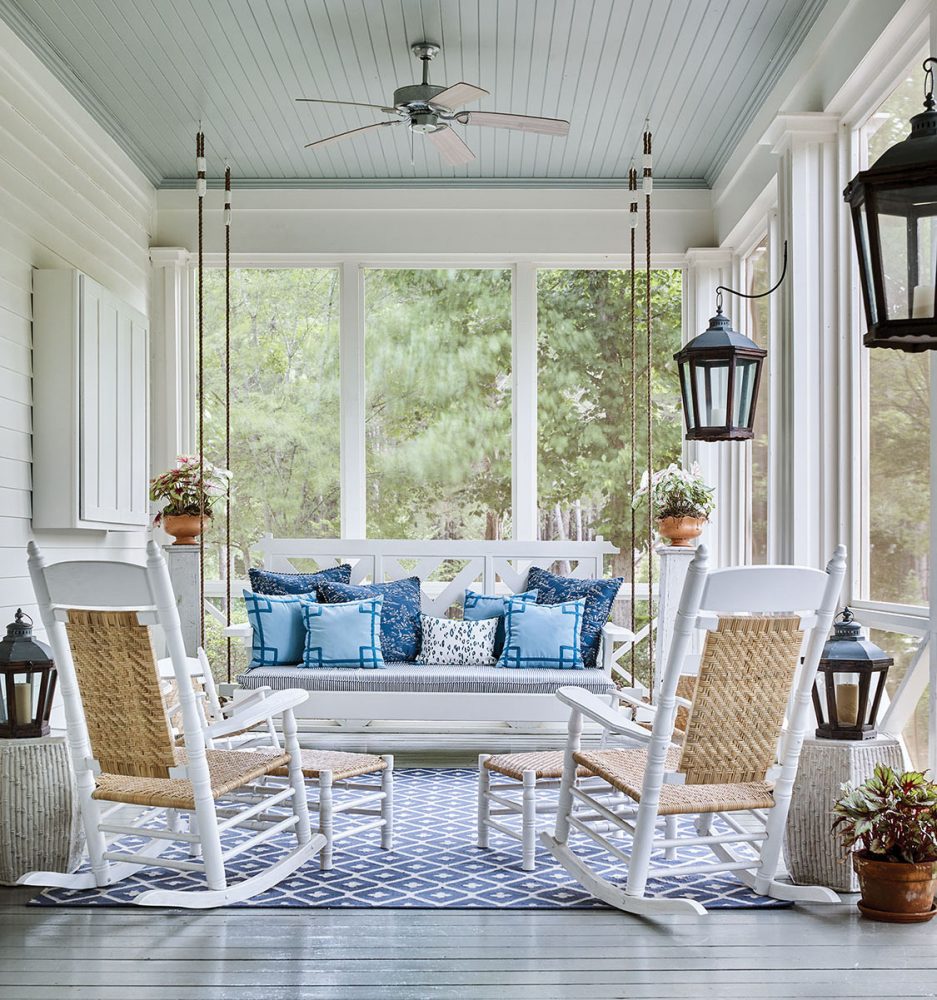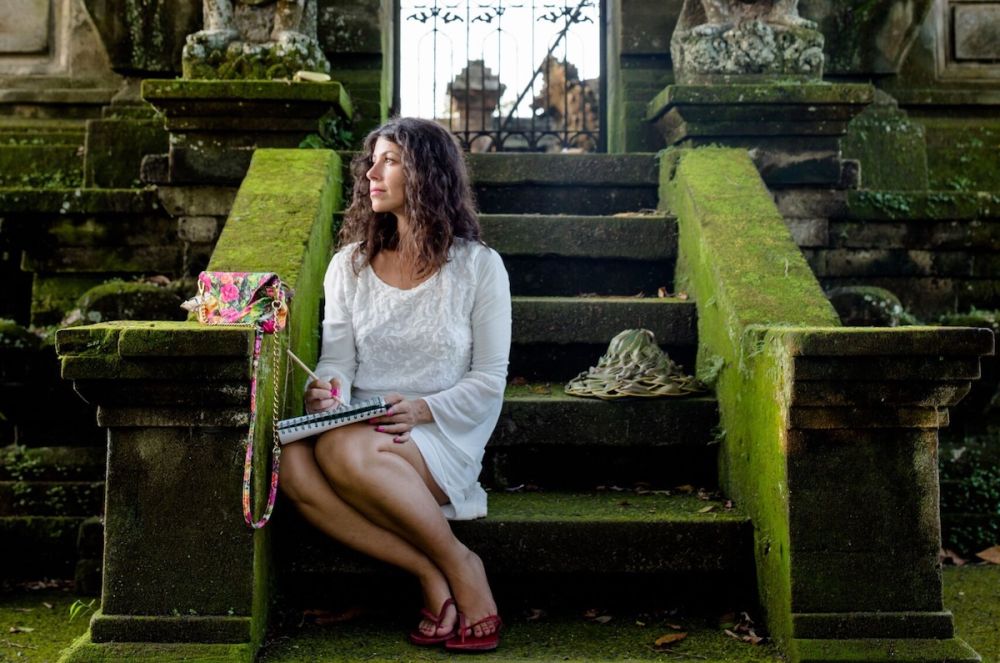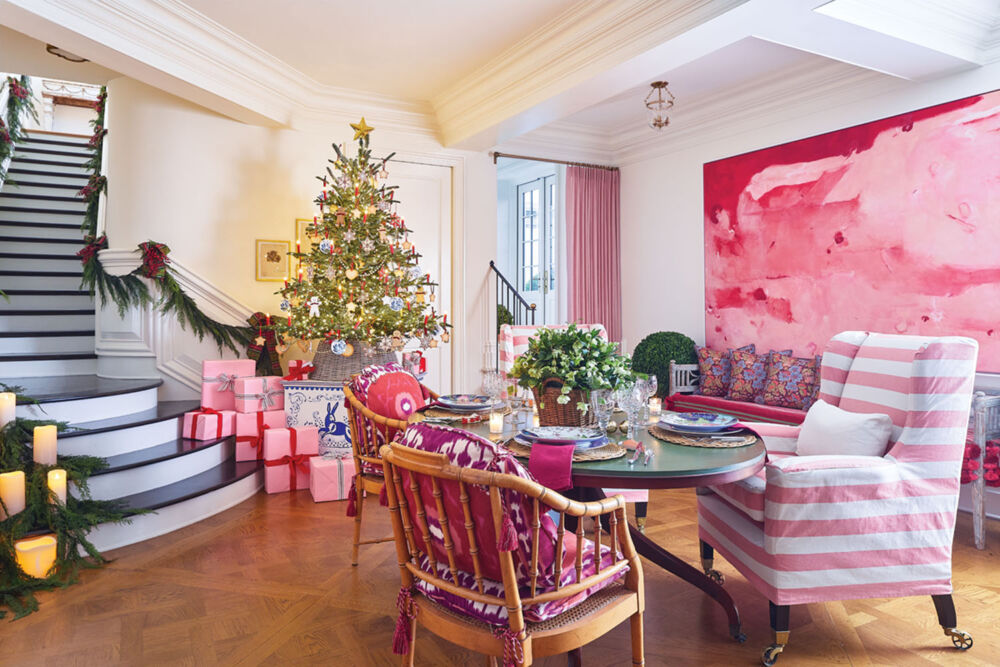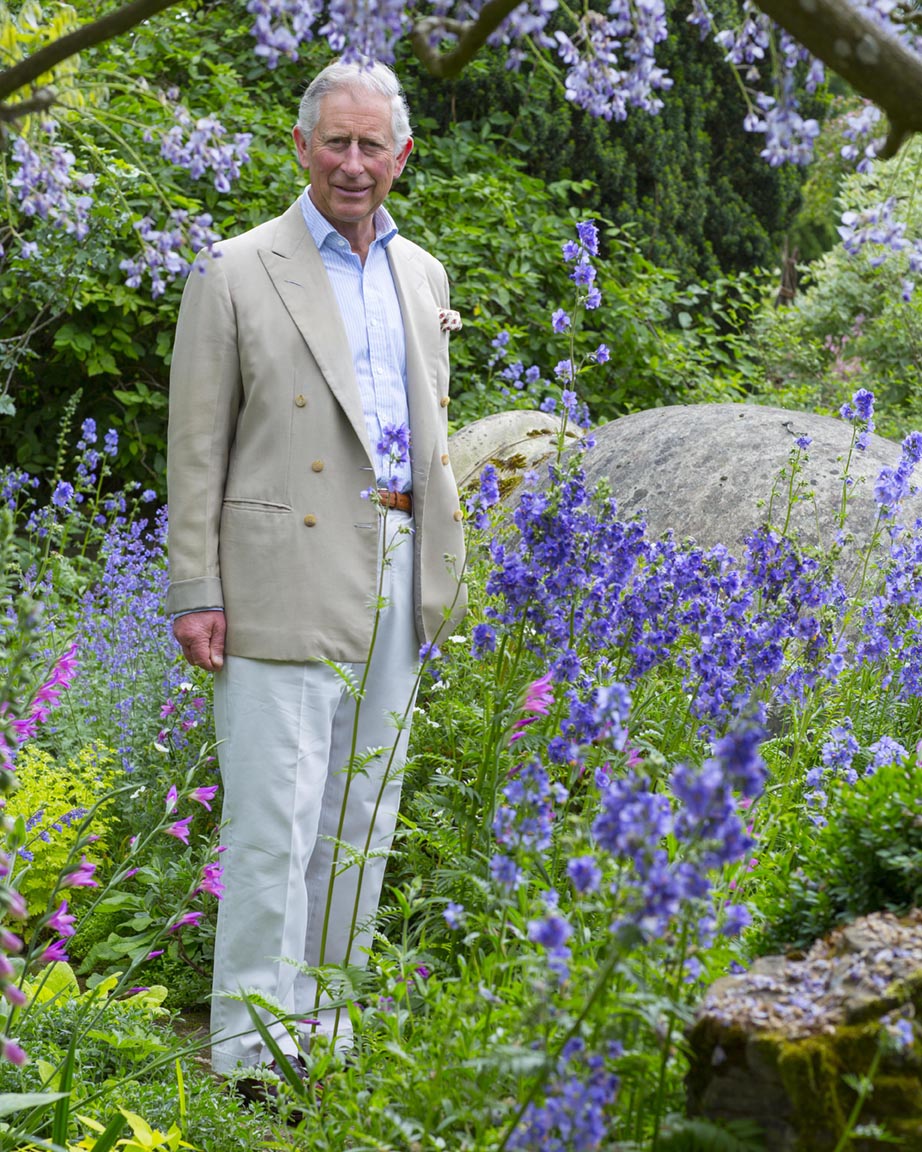
Photo (c) Highgrove by Marianne Majerus
His Royal Highness The Prince of Wales.
His Royal Highness The Prince of Wales. Photo © Highgrove by Marianne Majerus
Yet, with Prince Charles’s oversight, the Royal estate blossomed into a natural paradise embodying organic gardening principles. Today, a series of outdoor rooms feature rare trees and plants, nurture heritage seeds, and attract a rich variety of birds and other wildlife. It is open for the public to enjoy April through October—and it is all for the greater good.
June 14, 2019, marks 25 years since the Royal Gardens at Highgrove opened to the public to raise money for charitable causes. Some 37,000 visit annually to enjoy its tranquility and beauty, amounting to quite a bit of good.
Through the years, tours and donations have contributed £7 million to The Prince of Wales’s Charitable Fund, supporting a wide range of causes.
“My aim has always been to try and enhance the setting of the house in the landscape and, above all, to please the eye, warm the heart, and feed the soul. One of my greatest joys is to see the pleasure that the garden can bring to many of the visitors and that everybody seems to find some part of it that is special to them,” writes the prince in his book, The Gardens at Highgrove.
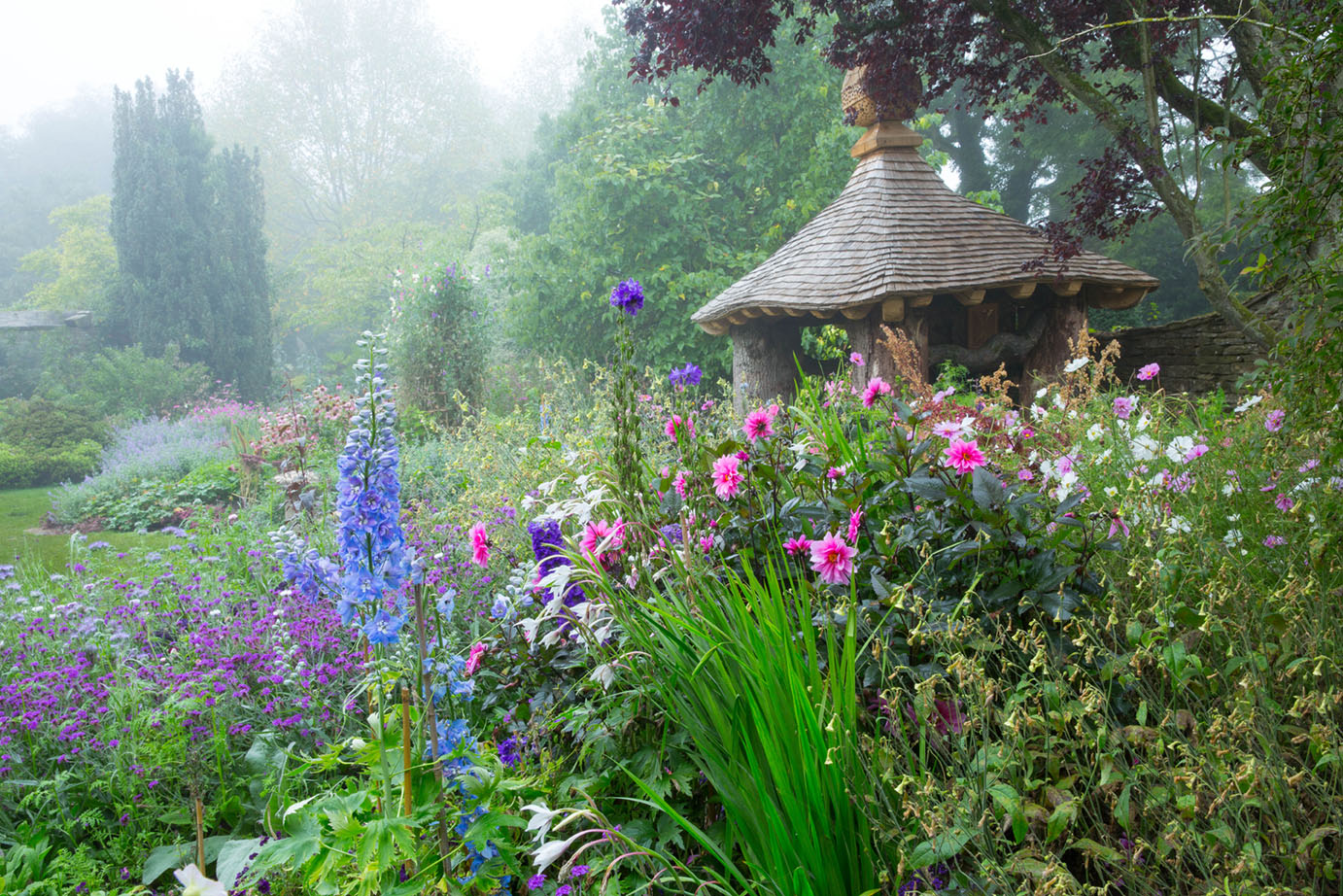
The new Summerhouse in the Cottage Garden, a place for the Prince to work during rain showers. Photo submitted
CHARITABLE CAUSES SUPPORTED BY HIGHGROVE
- A poaching crisis faces many of Africa’s iconic species, especially the elephant and rhino. Funds raised by the Royal Gardens at Highgrove enabled the nonprofit Tusk to carry out two anti-poaching trial projects in 2015 and early 2016. As a result, Tusk has introduced proven interception tracking skills to anti-poaching rangers.
- Pollinators are essential to our gardens, farms, and communities, as are those who tend to them. As the 2018-2019 Queen Elizabeth Scholarship Trust Highgrove Enterprises Apprentice, Jack Silberrad apprentices in bee keeping with The London Honey Company. Later, the scholarship will support his placement in New Zealand. Silberrad is working toward earning a Diploma of Excellence in Bee Farming.
- Streetwise Opera brings art into the lives of people who have experienced or are at risk of homelessness. The organization hosts weekly opera workshops at Emmanuel House (Homeless Day Centre), as well as the Theatre Royal and Royal Concert Hall in Nottingham.
- The nonprofit Big Kid equips at-risk youth with tools to develop and act on their own potential.
Highgrove, Now and Then
Click the arrows (or swipe if on a mobile device) to see more









